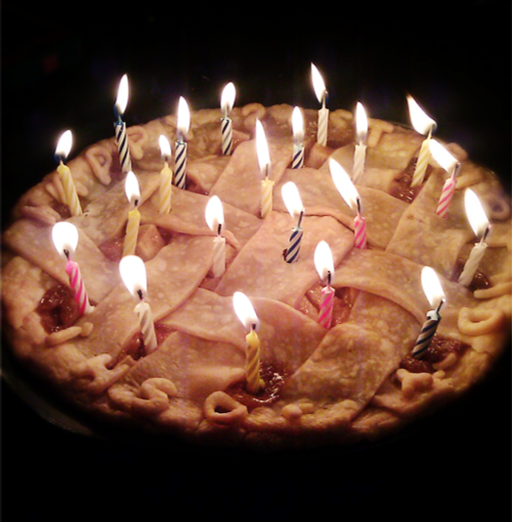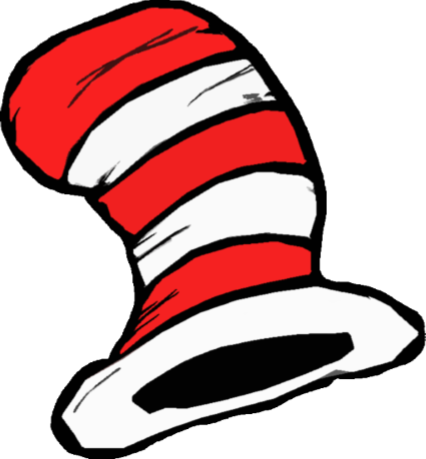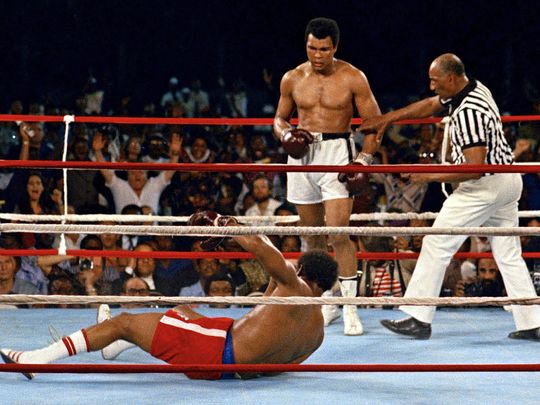Artists vs. Craftspeople – Nonprofit Arts Organizations Require the Former to Act as the Latter
Artists produce work from their creative souls, nurtured by a series of cultural, environmental, and psychological motivations. They create “a hat,” as Stephen Sondheim once wrote, “where there never was a hat.” Talented artists create from their current state of mind, without boundary.
Craftspeople produce work to fill a need. They possess a series of cultural, environmental, and psychological motivations which channel into art that produces a desired impact. Craftspeople create hats because they’re the best answer to a question.
All craftspeople are artists at their core. Many artists have no capacity to become craftspeople.
Nonprofit arts organizations require craftspeople. If the organization is more important than any artist, and the mission is more important than the organization, then employees on the organizational chart need to be, by definition, craftspeople divining an impact, not artists divining inspiration.
Transformational Persuasion: Muhammad Ali, George Foreman, Donald Trump, Hillary Clinton, and Why It Matters – Especially When You’re Running an Arts Organization
Muhammad Ali died last week. A quote from a Zairian in “When We Were Kings.”
“George Foreman? We had heard he was a world champion.
We thought he was white, then we realized he was black, like Ali….
Ali said [about Foreman], you’re the out-of-towner here.”
Nonprofit leaders that manage organizations, programs, and people well can be quite successful. But not transformational. Transformational leaders effortlessly persuade with passion about the mission, not the statistics. Their material requires no script, just practice to remove the “ums” and “uhs.”
Trump, for example, vigorously (and effortlessly) transforms experienced opponents into “out-of-towners.” Clinton relies on effective policy, experience, and “being right.”
Passion KOs policy every time. Ask George Foreman.
Doesn’t your arts organization’s constituency deserve the most transformative experience you can offer? Or do you settle for production excellence and competence?
Special 2016 “Alan Harrison’s Birthday” Edition: Pack Up the Babies and Grab the Old Ladies – And an Easy-To-Fulfill Wish List

I was born on May 14. Conceived on a hot August night. Neil Diamond would’ve been proud. He was old enough to have a kid then, so…who knows? Brother Love? Are you my papa?
From him, I want flowers.
From you, I want (this is your cue):
- A 137-word card. ( <–Yes, that’s a link.)
- Share your favorite 137 Words post with your social network (that’s “share,” not “like”).
- To join a great company with a great mission. In Seattle.
- Health for The Kid.
- Guidance for The Kid.
- The love of my life to be happy, fulfilled, and curious. You know who you are.
- The ability for you to guide your favorite nonprofit to safety, security, and success.
- Brilliantly measurable missions, better than you believe you’re capable of.
- Complete, successful execution of those brilliant new missions.
- Pie, not cake.
Artists and Non-Offensiveness: The Tyranny of Over-Sensitivity, Feelings, and Participation Trophies

There’s a troubling trend. There’s an absurd unwillingness to offend that seems pervasive among arts creators.
Not that creators are creating “Pleasant Art,” per se. Writers and artists are creating lots of work that is designed to make audiences uncomfortable. Which is good. The work may be about single issues and not terribly complex, but it’s good.
However, there are too many artists raised in atmospheres where everyone wins, even when they lose. In the name of inclusion and self-esteem, they live in a world where, like toddlers, “feeling bad” is simply unacceptable.
They believe they’re special.
To these artists:
- You are not special.
- You do not deserve success.
- Sometimes you lose.
It’s what you do with that information that defines you.
If you believe that nobody should ever have hurt feelings, you’re not doing your job.
Arts Organizations: 137th Post, 137 Thanks, and 137 (of Other People’s) Words That Guide Inspiring Leaders
“We must reject the idea — well-intentioned, but dead wrong – that the primary path to greatness in the social sectors is to become “more like a business.” Most businesses…fall somewhere between mediocre and good.” (Collins)
“If a man does not keep pace with his companions, perhaps it is because he hears a different drummer. Let him step to the music which he hears, however measured or far away.” (Thoreau)
“People don’t buy WHAT you do, they buy WHY you do it.” (Sinek)
“When they say things like, we’re going to do this by the book, you have to ask, what book? Because it would make a big difference if it was Dostoevsky or, you know, ‘Ivanhoe.'” (Anderson)
“‘To be is to do.’ (Socrates) ‘To do is to be.’ (Sartre) ‘Do be do be do.’ (Sinatra)” [Vonnegut compilation]
Change Management and the Psychology of Surprise
I’m continually surprised by surprise announcements.
Seattle does not tolerate surprise announcements well. I’m not sure of a place where surprises go well, but in a city fomenting the crucible of passive-aggressive behavior (see this article for some fun), change without tortuous committee meetings is, well, gauche.
Recently, KUOW (Greater Seattle NPR news/talk licensed by the University of Washington) issued a surprising announcement that they’ve signed a deal to buy KPLU (Greater Seattle NPR news/jazz licensed by Pacific Lutheran University). Evidently, Pacific Lutheran University’s broke.
FYI: KUOW once purchased another non-commercial station, KXOT, to carry its KUOW2 programming. That failed.
Listeners/Members hate the idea and said so at a meeting on November 23. KPLU kept soliciting memberships even after the deal was signed.
KUOW comes off as untrustworthy, KPLU as desperate.
Surprise!
Stay tuned.
Technology, isolation, live theater, community, hope, and Vin Scully

Technology is not new. Nor is its ability to isolate. Man’s choice is to buy it and do so.
On a 1960s-era transistor radio, while there was an earphone jack, few used it. Sandy Koufax’ 1965 perfect game was accompanied by the hum of 29,139 transistors all tuned to Vin Scully, as if he were sitting in the adjacent seat.
Many people buy into that latest-thingamabob fervor and complain that they can’t meet people. And when they do, the people they meet seem incapable of a simple conversation. IMHO, peeps b txtg 511 & CBB w/PLU.
Live theaters have the wonderful capacity to bring people together. To share a purpose. To provide the capacity for strangers to personally interact. Not merely to entertain us, but to foment optimism. Do they? Or do they just put on plays?



